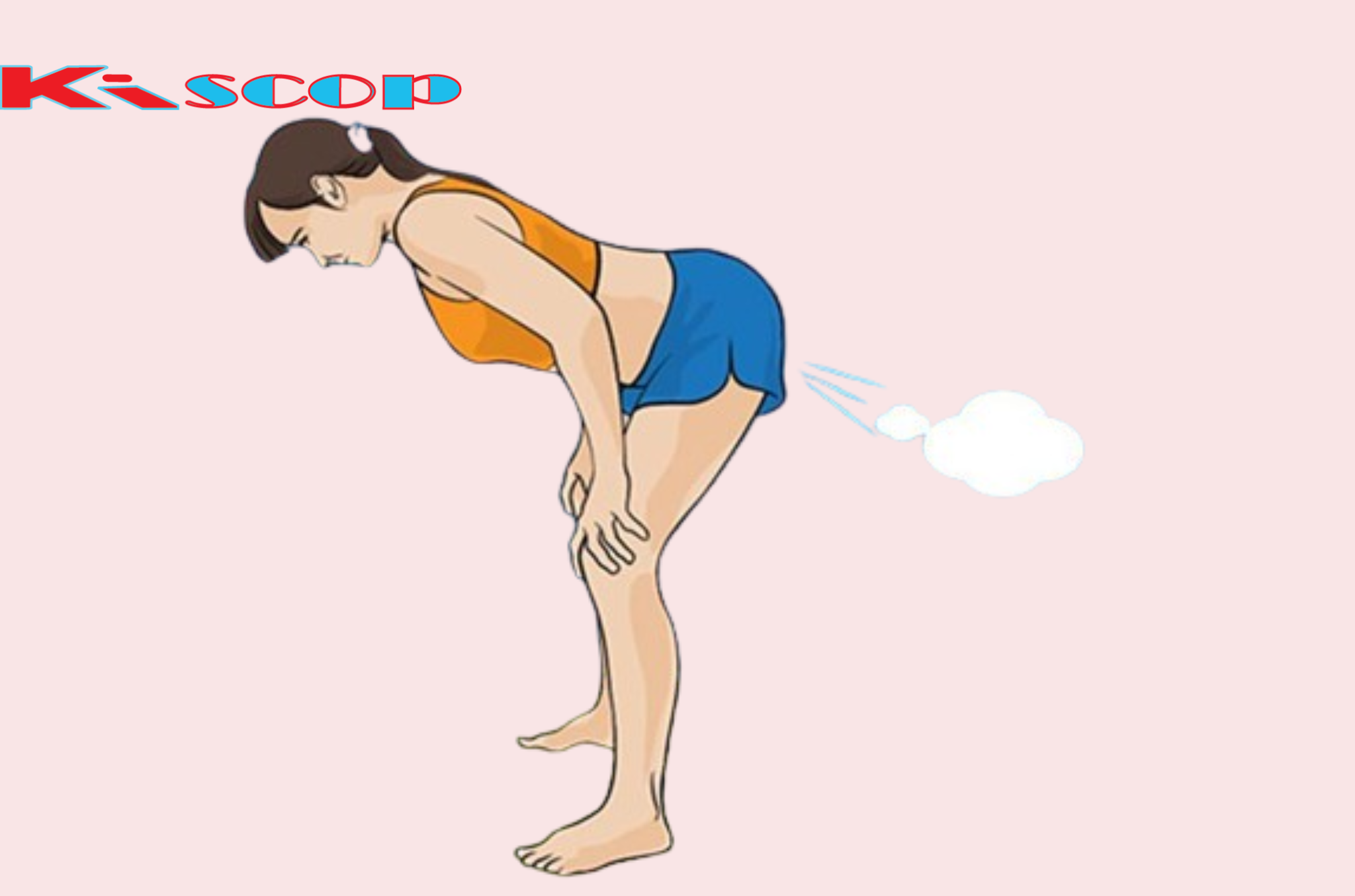12 Facts About Farting You Probably Didn’t Know
Farting, while often considered a taboo topic, is a natural and normal bodily function that everyone experiences. However, there’s much more to this everyday occurrence than meets the nose! Here are 12 fascinating facts about farting that you probably didn’t know.
1. The Average Person Farts 14-23 Times a Day
Believe it or not, the average person passes gas between 14 and 23 times a day. This number might vary depending on your diet, digestive health, and overall lifestyle. It’s a completely normal part of your body’s digestive process.
2. Farts Are Mostly Odorless
Although some farts can be quite smelly, the majority of them are actually odorless. This is because the gas is primarily composed of nitrogen, carbon dioxide, oxygen, methane, and hydrogen—all of which are odorless. The distinctive smell comes from trace amounts of sulfur-containing gases like hydrogen sulfide.
3. You Swallow Air All Day Long
A significant portion of the gas that makes up a fart comes from swallowed air. When you eat, drink, or even talk, you swallow small amounts of air, which then passes through your digestive system and eventually comes out as a fart.
4. Certain Foods Make You Fart More
Some foods are more likely to cause gas than others. Common culprits include beans, lentils, broccoli, cabbage, onions, and carbonated drinks. These foods contain high levels of certain carbohydrates that can be difficult to digest, leading to increased gas production.
5. Farts Can Travel at 10 Feet per Second
When you release gas, it doesn’t just linger—it travels! On average, a fart leaves your body at a speed of about 10 feet per second (or around 7 miles per hour). So the next time you feel the need to pass gas, know that it’s moving faster than you might think!
6. Men and Women Fart Equally
It’s a common myth that men fart more than women. In reality, both sexes produce roughly the same amount of gas each day. However, social and cultural factors might influence how often people admit to farting.
7. Farting Is a Sign of a Healthy Gut
Passing gas is actually a sign that your digestive system is working properly. The bacteria in your gut help break down food, producing gas as a byproduct. So, in a way, farting is a sign that your gut microbiome is active and healthy.
8. You Fart More When You’re Asleep
Interestingly, your body may produce more gas while you’re asleep. This is because your digestive system continues to work, breaking down food and releasing gas, even when you’re not awake. Since your muscles are relaxed during sleep, it’s easier for the gas to escape.
9. Some Farts Are Louder Than Others
The volume of a fart depends on several factors, including the amount of gas, the speed at which it’s expelled, and the tightness of your anal sphincter. A large amount of gas released quickly through a tight sphincter will result in a louder fart.
10. Holding in Farts Can Be Harmful
While it might be socially awkward to let one rip in public, holding in your farts isn’t great for your health. Trapping gas can lead to bloating, discomfort, and even pain. In extreme cases, it could contribute to diverticulitis, a condition where small pockets form in the colon and become inflamed.
11. Some Animals Use Farts for Communication
In the animal kingdom, farting isn’t just a bodily function—it can also be a form of communication. For example, herring fish use fart sounds to communicate with each other, especially in the dark ocean depths where visibility is limited.
12. Your Farts Can Be Used as a Diagnostic Tool
Doctors can analyze the composition of your farts to help diagnose digestive conditions. For example, an unusually high amount of hydrogen in your gas could indicate lactose intolerance, while a high methane level might suggest issues with the bacteria in your gut.
Conclusion
Farting is a natural and healthy part of life, even if it’s often the subject of jokes or embarrassment. Understanding the science behind this everyday phenomenon can help you appreciate just how normal—and even beneficial—it is. So the next time you let one slip, remember that it’s just your body doing its job!



